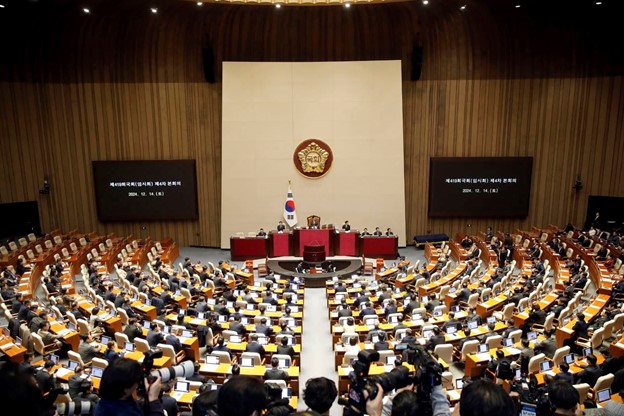In a groundbreaking effort to address its declining birth rate and support working mothers, Tokyo is set to introduce a four-day workweek for government employees starting in April. This initiative is part of the city’s broader strategy to create more flexible working conditions and encourage work-life balance.
As per the reports of Leaders team, under the new policy, employees will enjoy three days off every week. Additionally, a separate program allows parents with children in grades one to three to reduce their work hours, trading a portion of their salary for the ability to leave early.
“We will review work styles with flexibility, ensuring no one has to give up their career due to life events such as childbirth or childcare,” said Tokyo Governor Yuriko Koike during a policy speech on Wednesday. She emphasized the urgency of such measures, stating, “Now is the time for Tokyo to take the initiative to protect and enhance the lives, livelihoods, and economy of our people during these challenging times for the nation.”
Japan’s Population Challenge

Japan’s fertility rate hit a record low of 1.2 in 2024, with only 727,277 births recorded last year, far below the 2.1 needed for population stability. The country’s population crisis has prompted a series of “now or never” policies, including efforts to normalize paternity leave and improve workplace conditions.
The nation’s notorious work culture—characterized by long hours, high stress, and health risks like “karoshi” (death by overwork)—has been a significant factor in discouraging young people from starting families. Women, in particular, face immense pressure to choose between their careers and family life. Japan’s labor force participation gap remains stark, with 55% of women and 72% of men in the workforce, according to the World Bank.
A Radical Shift for Japan
While the four-day workweek has gained traction in Western countries, where studies highlight its benefits for productivity and well-being, the concept remains unconventional in Japan. Many companies still equate long hours with employee loyalty. However, Tokyo’s new initiative marks a significant step in challenging this cultural norm.
Regional Efforts for Flexibility
According to the sources of Leaders team, Tokyo isn’t alone in its push for family-friendly policies. Earlier this year, Singapore introduced guidelines requiring companies to consider flexible working arrangements, including compressed workweeks and adaptable hours. These measures reflect a growing recognition across Asia of the need to address work-life balance and support families in the modern era.
As Japan grapples with its population crisis, Tokyo’s bold move could serve as a model for other regions, demonstrating how progressive work policies can improve lives while tackling deeply rooted societal challenges.








